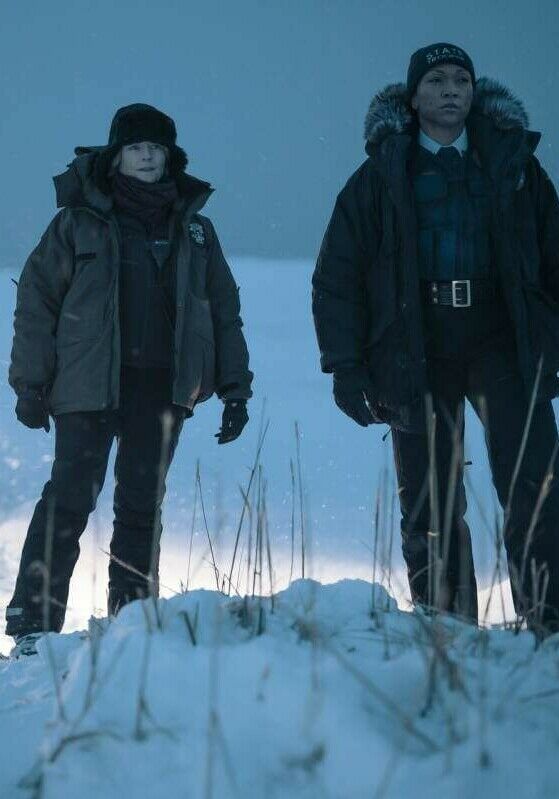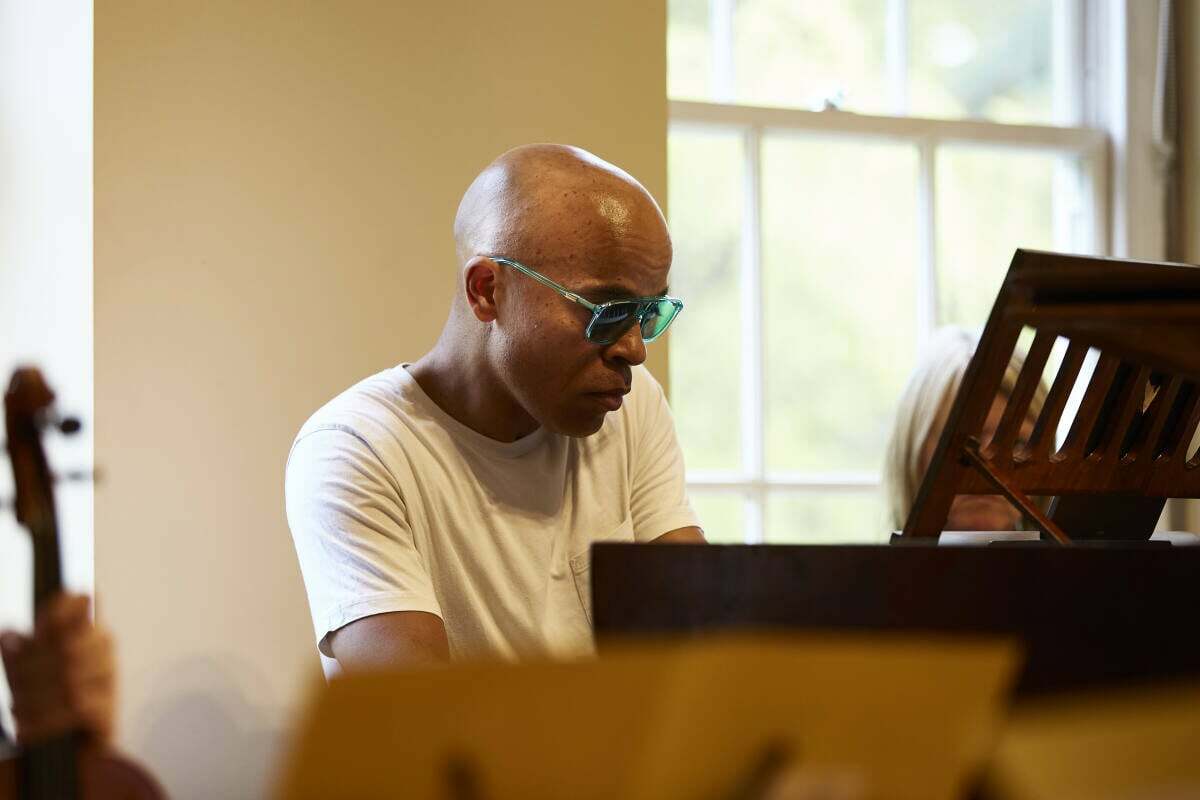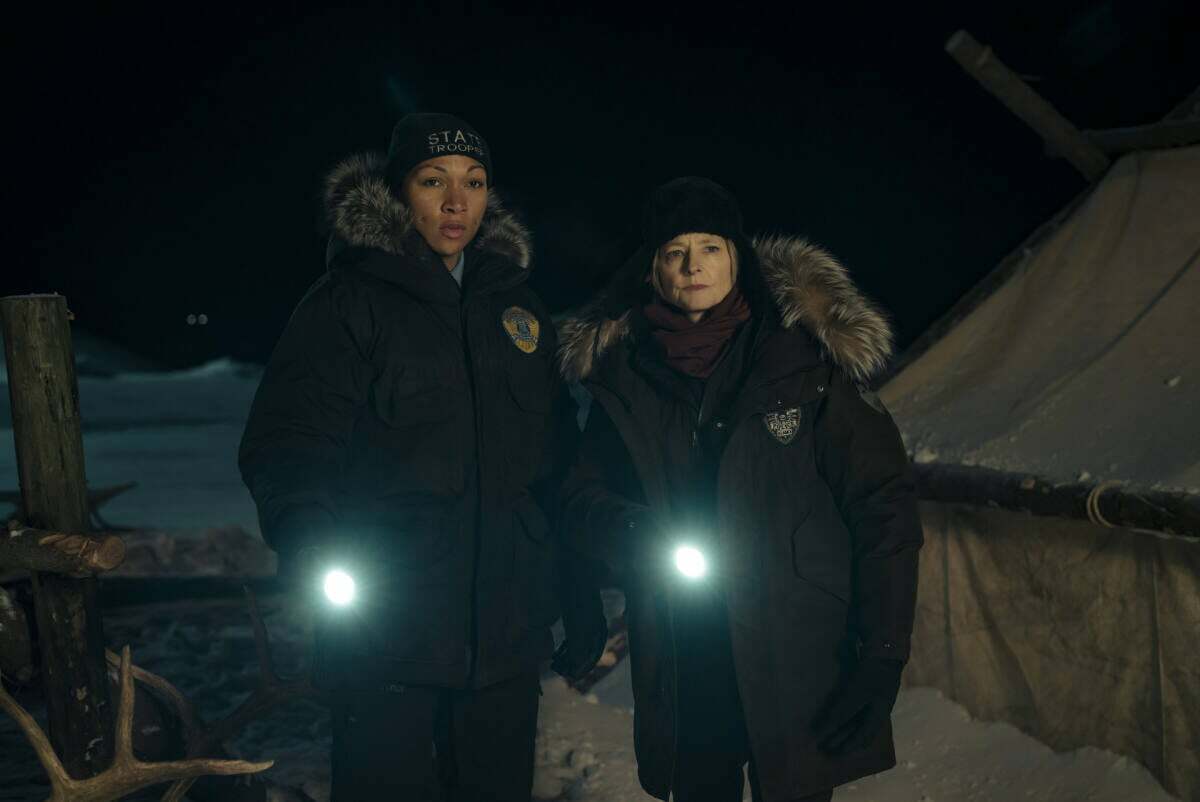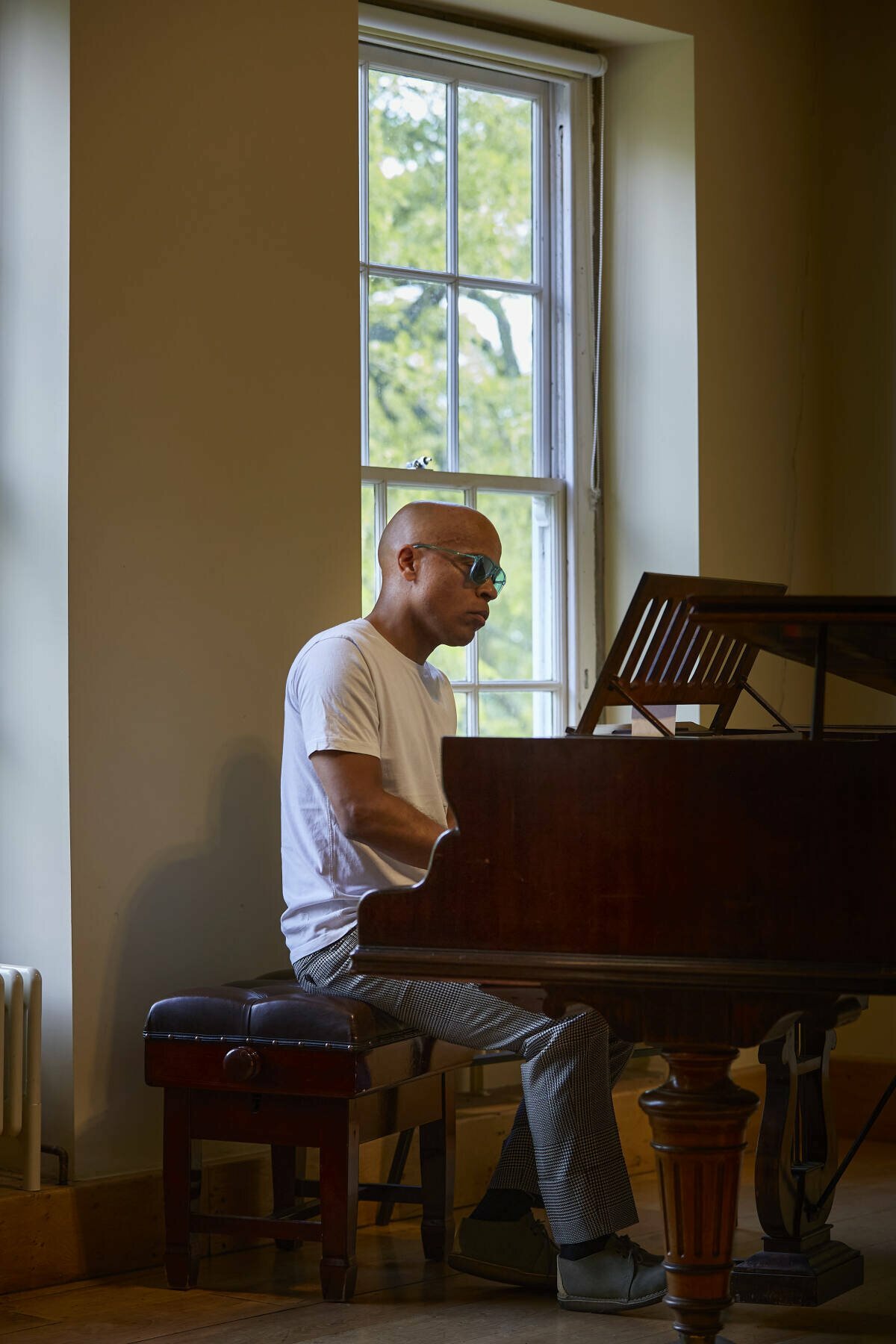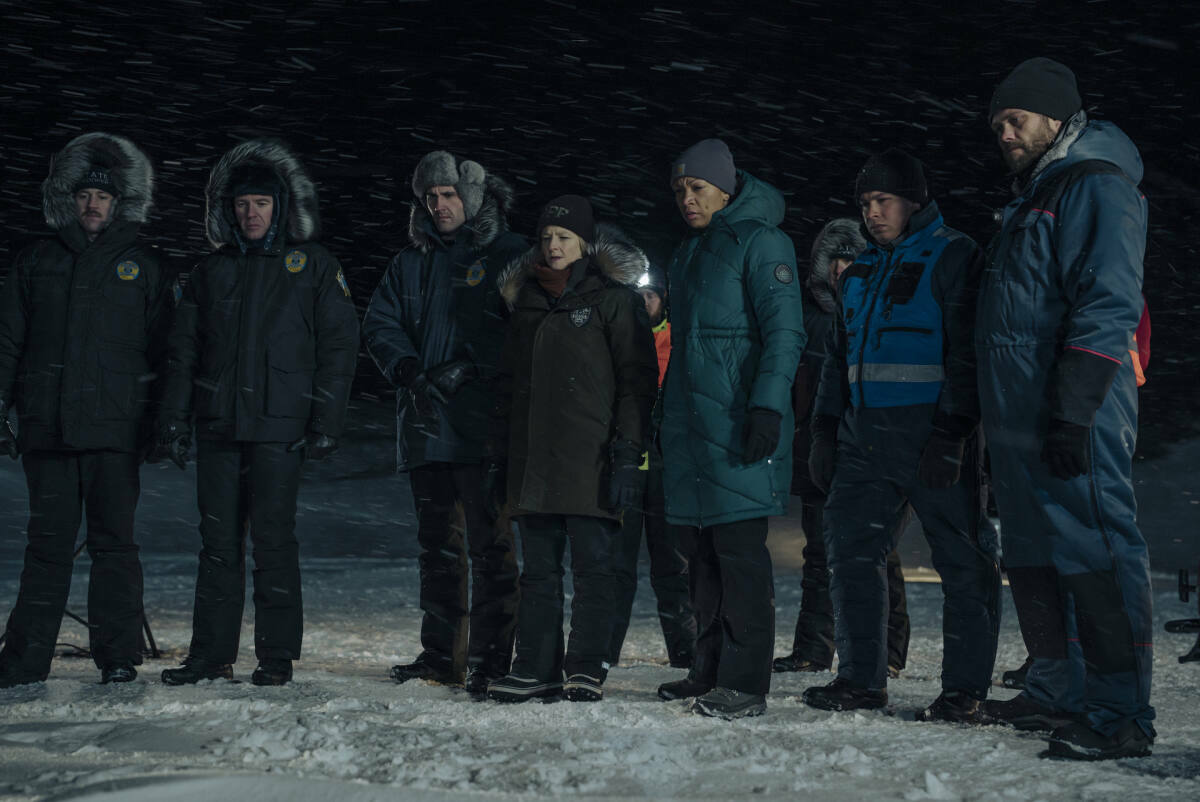BAFTA-nominated composer Vince Pope has made a name for himself providing contemporary scores for series including No Offence, Undercover, Misfits and Black Mirror. His most recent projects are no less high profile: he composed the score for ITV’s four-part drama, Mr Bates vs The Post Office and the highly anticipated new series of True Detective, starring Jodie Foster. True Detective: Night Country has been hailed as a return to form for the show made popular in part due to the captivating performances in season one from Matthew McConaughey and Woody Harrelson. Here, Pope explains how he approached Mr Bates vs The Post Office like a thriller, and how horror, spirituality and Native American throat singers combine to infuse True Detective: Night Country with a dark underbelly.
Pope is here today to talk about True Detective: Night Country, but there’s a Post Office shaped elephant in the room. At the time of interview, Mr Bates vs The Post Office is all anyone is talking about, depicting the appalling true story of the greatest miscarriage of justice in British legal history, where hundreds of innocent sub-postmasters and postmistresses were wrongly accused of theft, fraud and false accounting due to a defective IT system.
“I was actually quite familiar with the story,” says Pope from what he calls his “little cubby hole” in his central London home. “When my agent said, ‘They're making it into a drama’, my first thought was, ‘They should! Because it's such an incredibly horrible, surprising, crazy story’. I was absolutely gobsmacked at it, as everybody has been. It's horrendous what happened to the postmasters.”
